The Institute for Fiscal Studies says the government’s additional spending promises have not materialised, despite greater need than ever.
Spending Needed More Than Ever

With the pandemic creating extra care requirements and waiting lists reaching record lengths, NHS funding is more important than ever. However, the IFS has found that spending has been significantly under the promised amount.
Funding Eaten up by Inflation

The work done by the IFS shows that the high inflation levels in the economy have consumed the additional NHS spending. The cost of energy, medication, food supplies, etc, have all increased.
Headline Spending Figure Up

While the basic figures show a 2.7% rise in spending, Boris Johnson promised a 3.3% increase in 2019.
Ifs Reports on Findings

The IFS said, “despite a pandemic, record waiting lists and growing rates of ill health, real-terms health spending has risen less quickly than was planned five years ago.”
Lack of Spending Increase Is a National First

The IFS continued: “This breaks the habit of a lifetime: over the past 40 years, the NHS budget has almost always grown more quickly than originally planned. This parliament is the exception.”
Inflation Causing Significant Damage

During the 2019 election, then-Prime Minister Boris Johnson promised an extra £34bn for the NHS by the end of the parliament. From 2019-2024, the IFS say this would have been a 29% increase.
Inflation Took Government Departments by Surprise

The additional spending would have been 3.3% per year at the inflation levels of the day. Still, the impact of higher inflation reduced the actual spending increase to 2.7%.
Lack of Investment Likely to Cost More in Future

The IFS also suggest that a chronic lack of investment in the NHS will lead to large bills shortly. In the age of austerity (2010 onwards), NHS estate budgets were cut, leading to buildings falling into poor states.
NHS Buildings Need Desperate Help
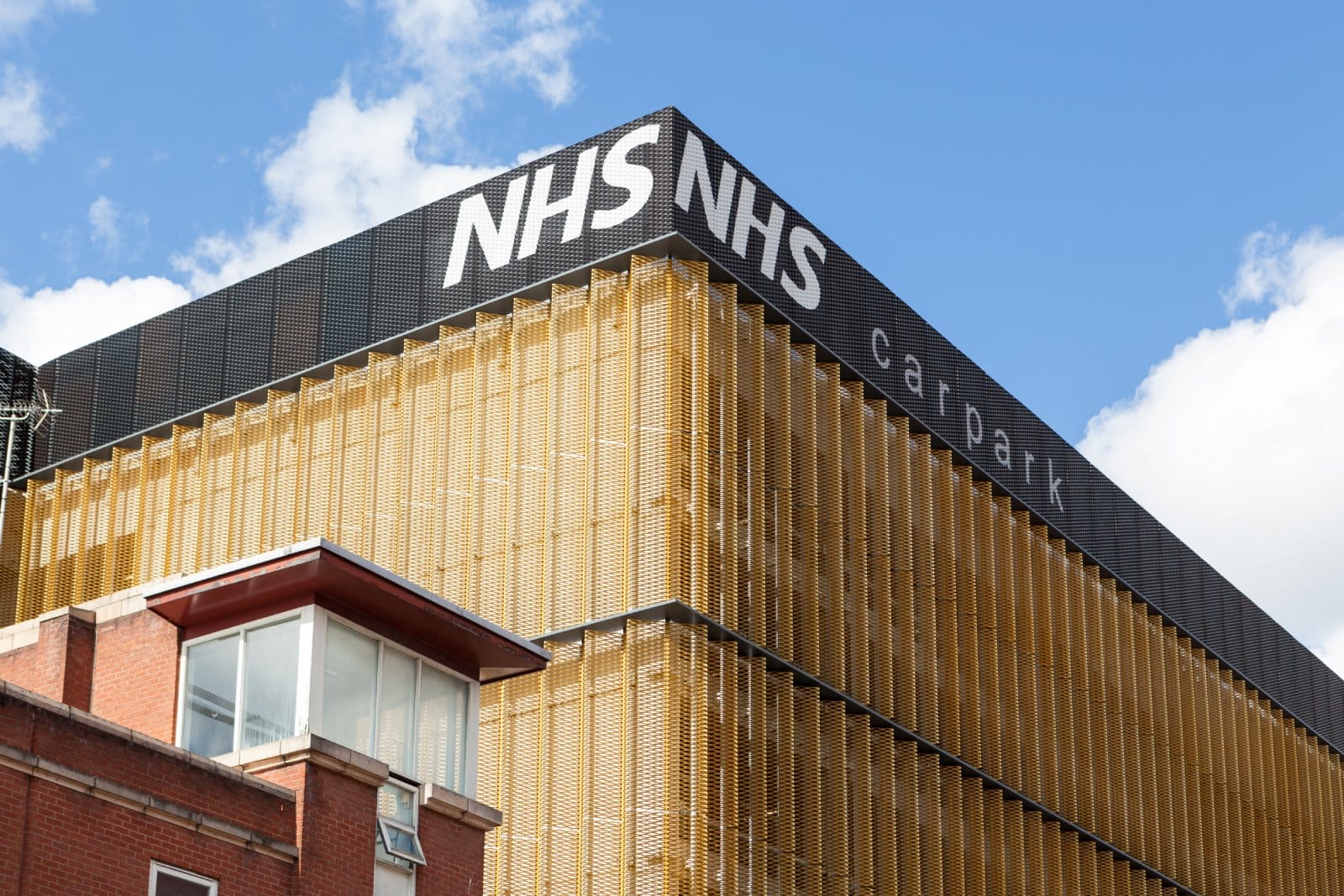
The IFS said: “One consequence of low capital spending is the deterioration of the NHS estate in England, where the maintenance backlog has more than doubled over the past decade.”
Social Media Highlighting Scale of the Problem

While the government might suggest that work is being done to maintain hospitals, hundreds of online videos show NHS hospitals with leaks, power outages, and flooding issues.
Slow Economic Growth Means NHS Biggest Benefactor of Government Money
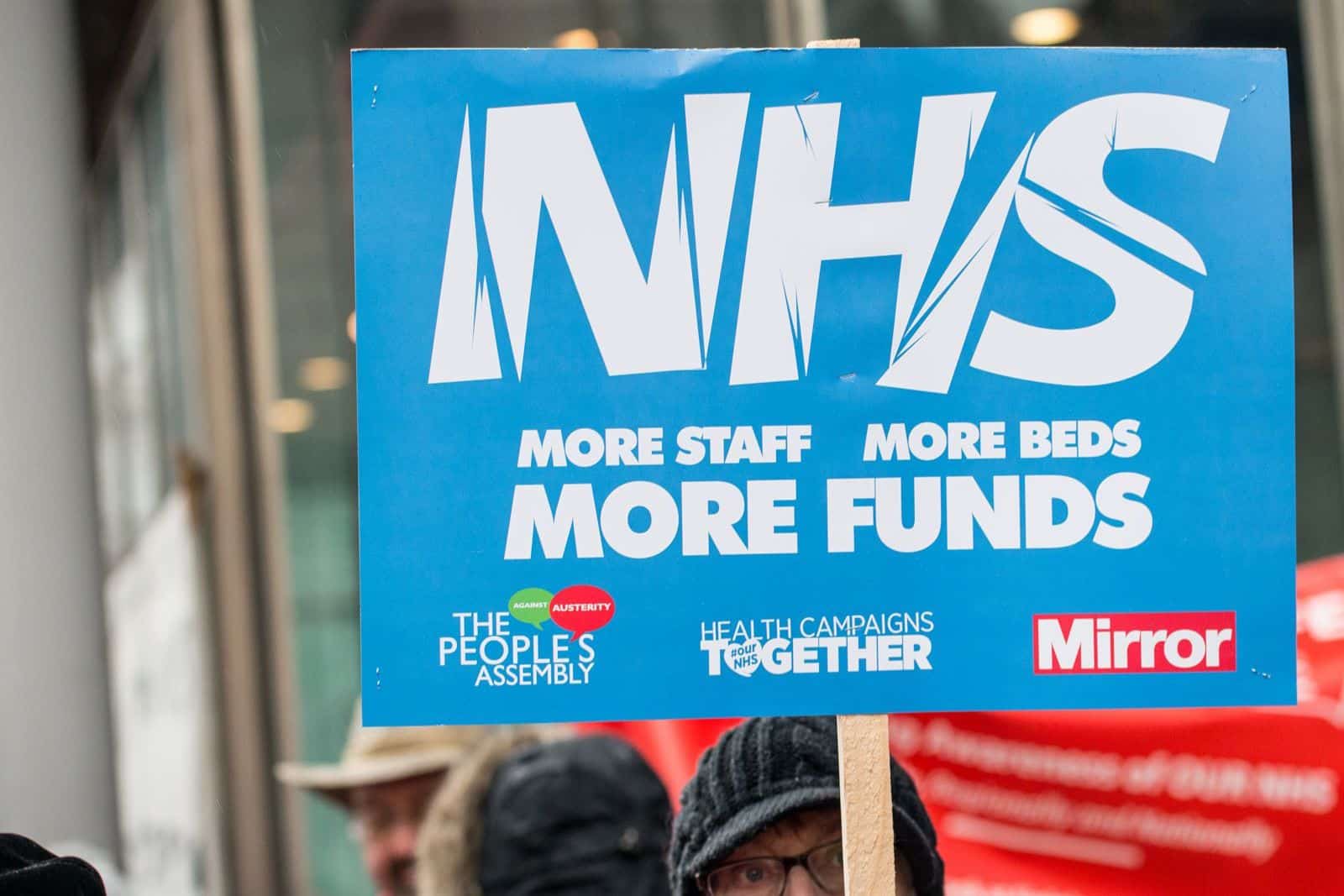
The weak GDP growth over the last five years means the NHS spends more than 40% of the annual government spending. To fully fund the service, the government hopes for a fast-growing economy.
Ifs Warns Spending Means Cuts Elsewhere

Max Warner from the IFS said: “The sheer size of the health budget means that delivering funding increases at anything like the historical average would require cuts elsewhere, even before accounting for recent promises on defence spending.”
Warning: Both Parties Need to Address the Issue
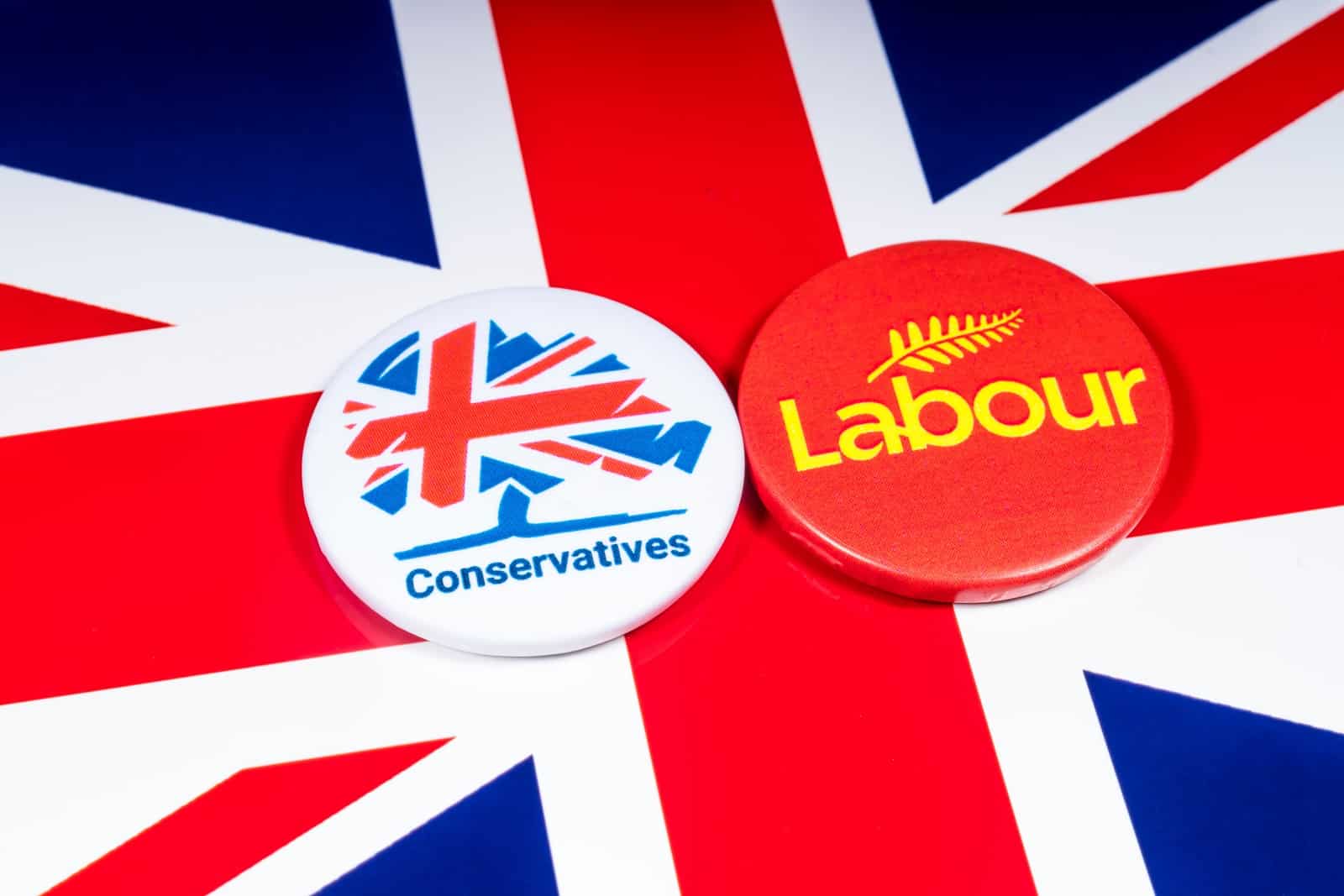
He continued, “Neither the Conservative party nor Labour party have been keen to set out spending plans. But the next government will have to confront this reality – and fast.”
Government on the Defensive
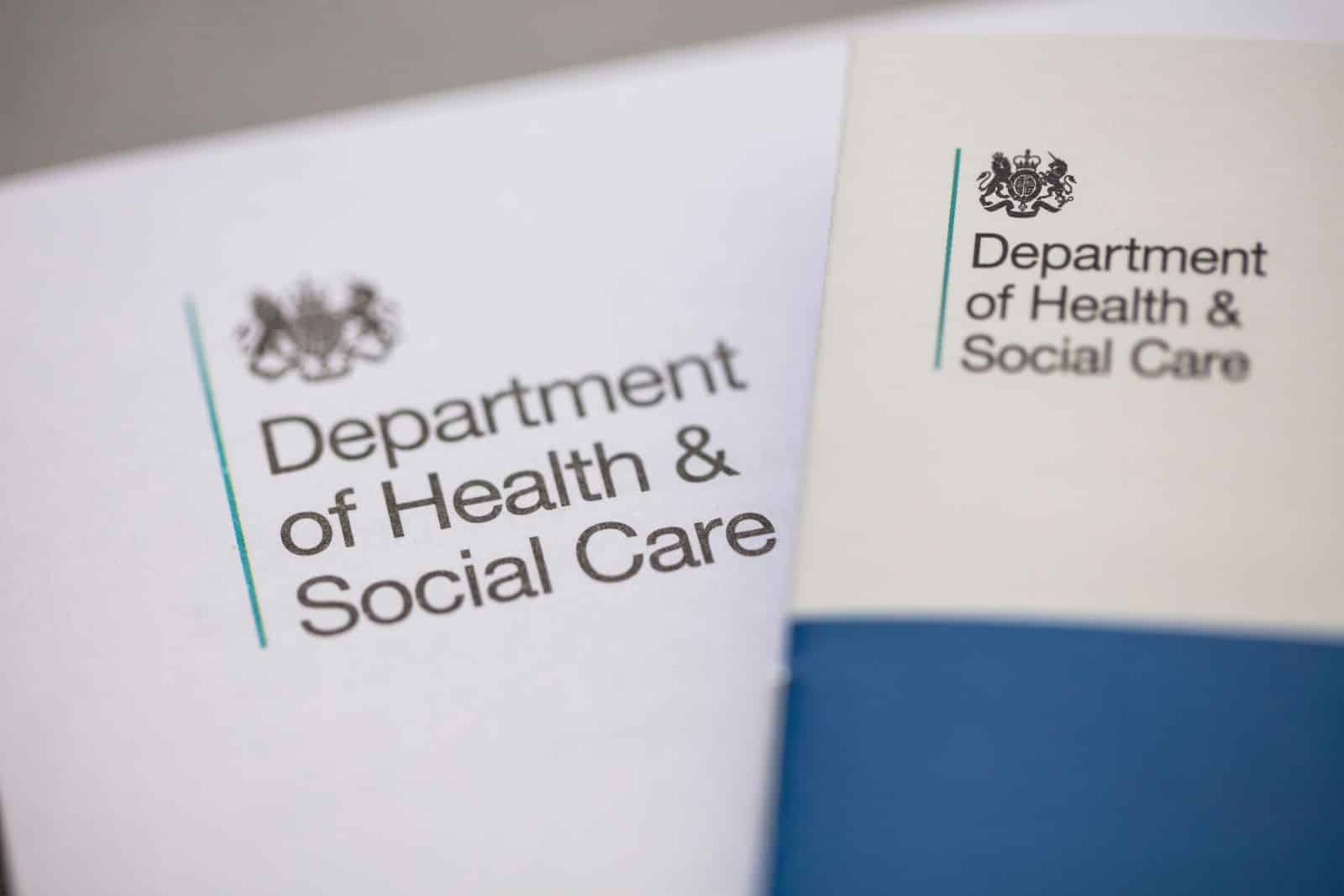
A Department of health and Social Care spokesperson said: “We are providing the NHS with record funding of nearly £165bn a year by the end of this parliament, an increase of 13% in real terms compared to 2019-20, which is making a real difference in cutting waiting lists.”
Additional Money Promised
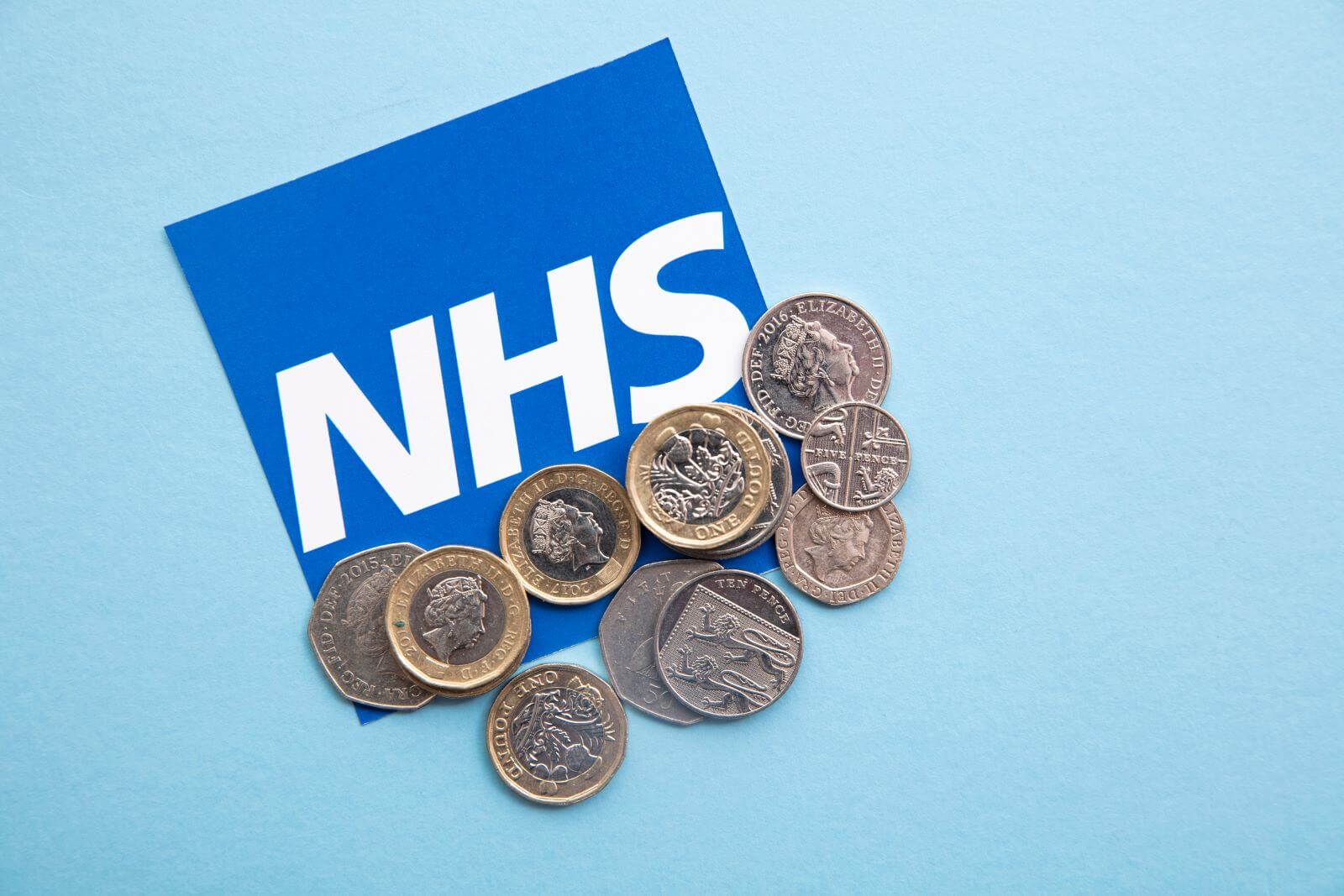
The government also said: “The chancellor also announced at the budget that the NHS in England will receive a £2.5bn day-to-day funding boost this year and a further £3.4bn investment in the latest technology from 2025, helping to unlock £35bn in savings.”
NHS a Vote Winner
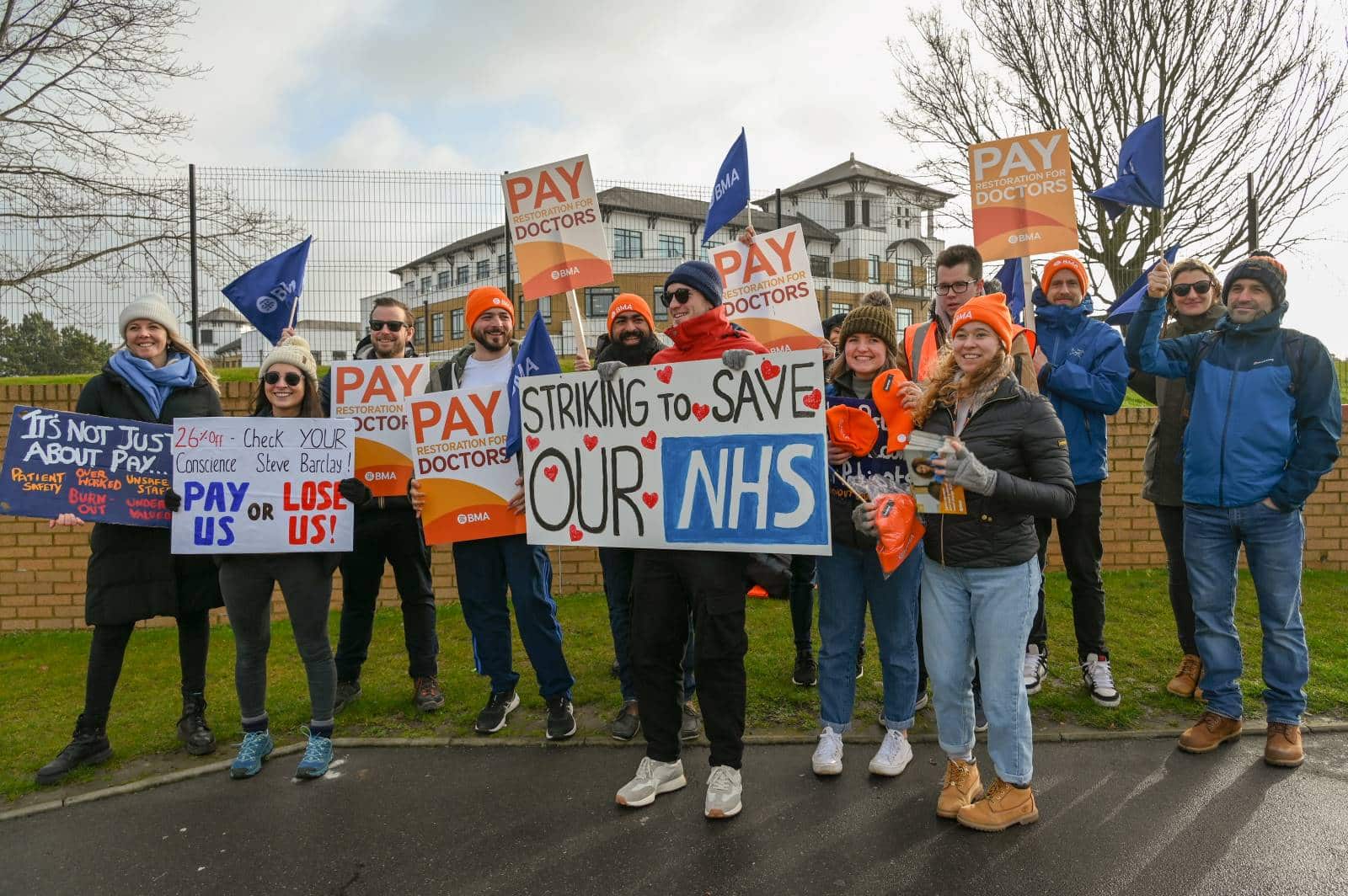
Both parties will know the NHS’s importance to the electorate. Cutting the NHS will reduce your chances of winning an election.
Efficiencies Need to Be Found
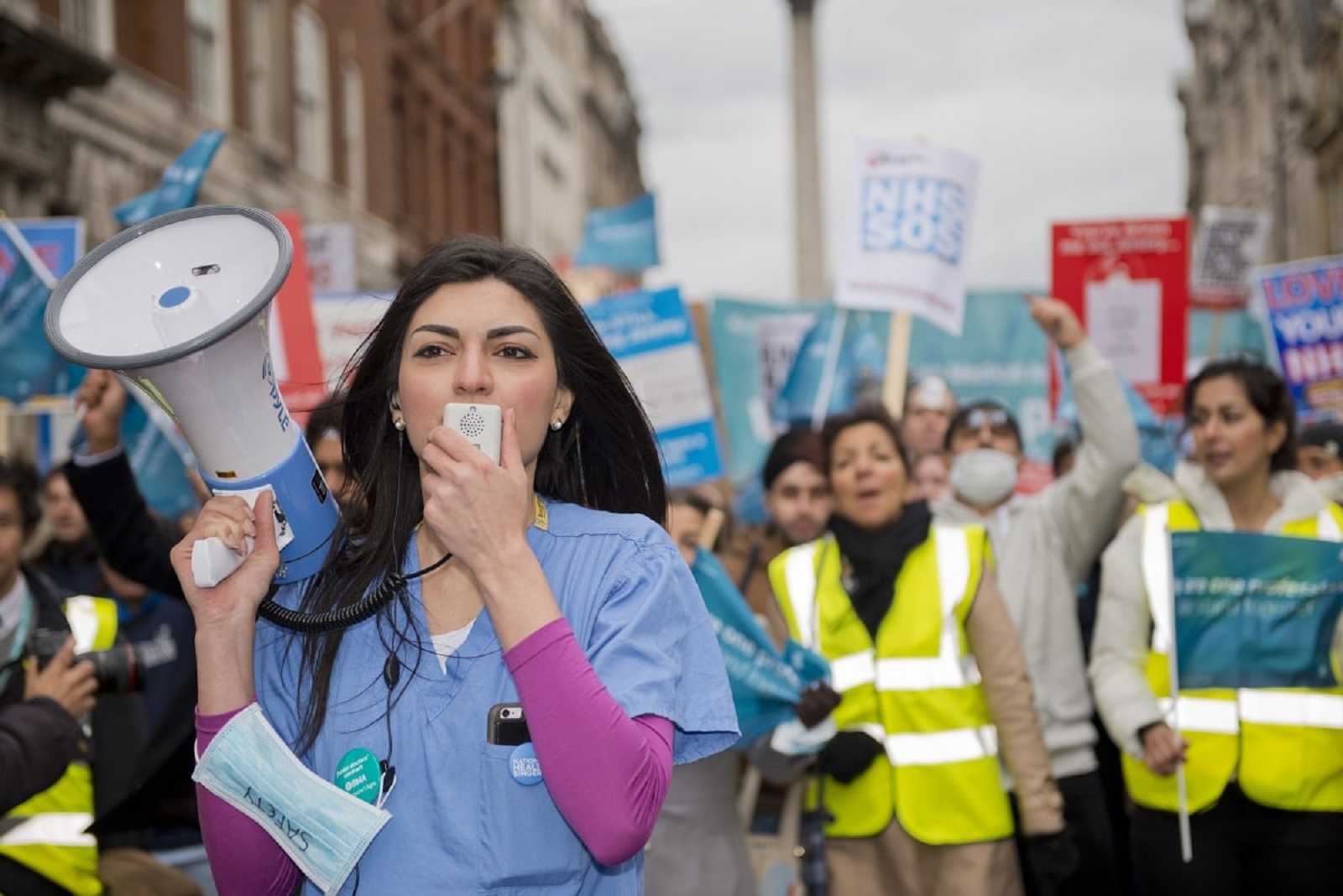
The reality is, though, that the issues can’t all be fixed with a bigger cheque. Various service users, ministers, health care workers, and independent experts have warned that the NHS needs to improve its efficiencies.
Death by a Thousand Cuts

NHS staff say there isn’t a single source of the problem – they’re multifaceted. Under-funding the estate leads to health and safety issues. Dangerous issues can close off wards, reducing bed space. There’s also a recruitment issue. Some drugs are harder to come by as well. There’s no magic bullet solution.
Next Government Has a Huge Headache
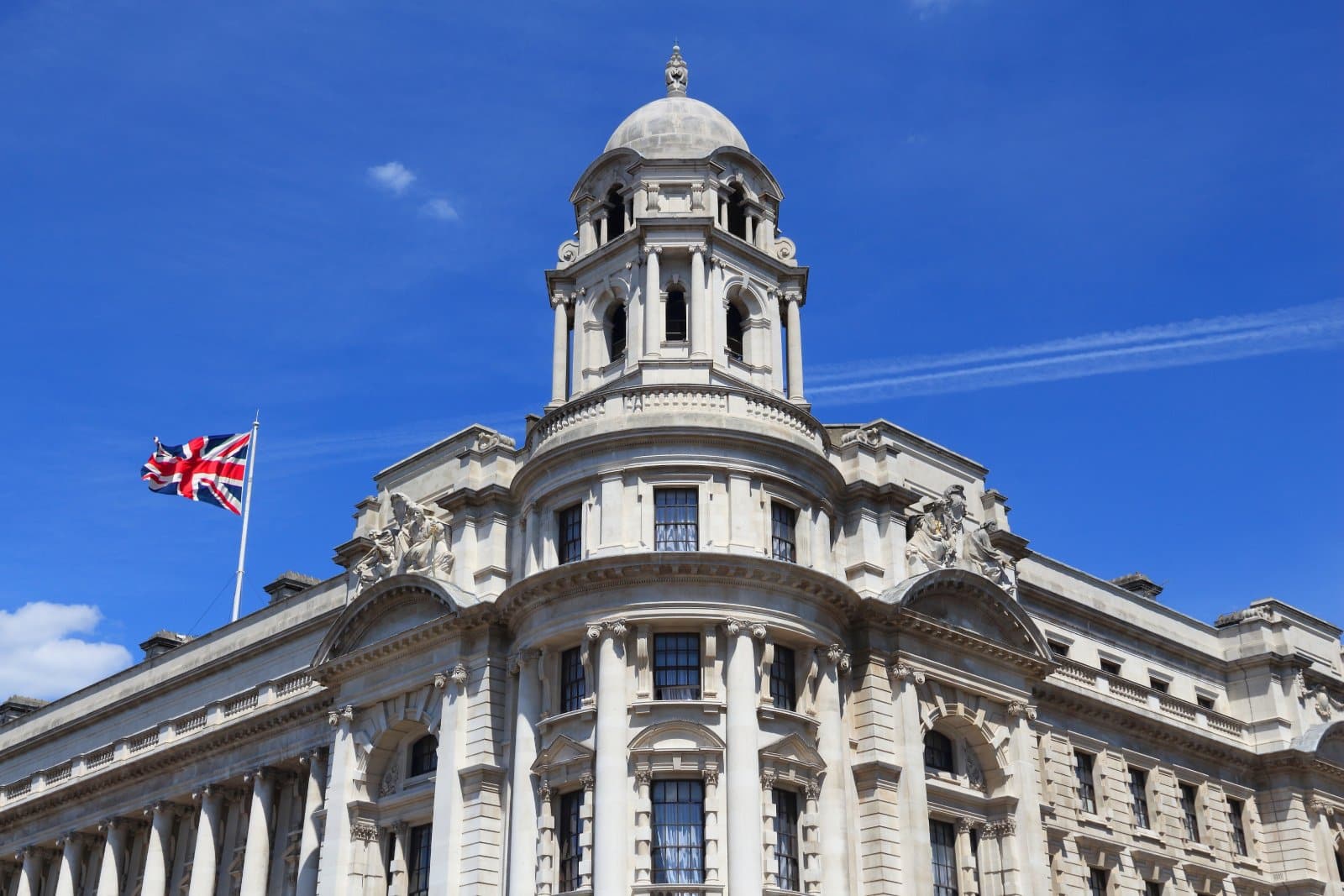
The NHS has been underfunded for almost a decade and a half, and the problems are beginning to bite now. Whoever forms the next government will have a big problem to solve with the NHS.
Problems Upon Problems
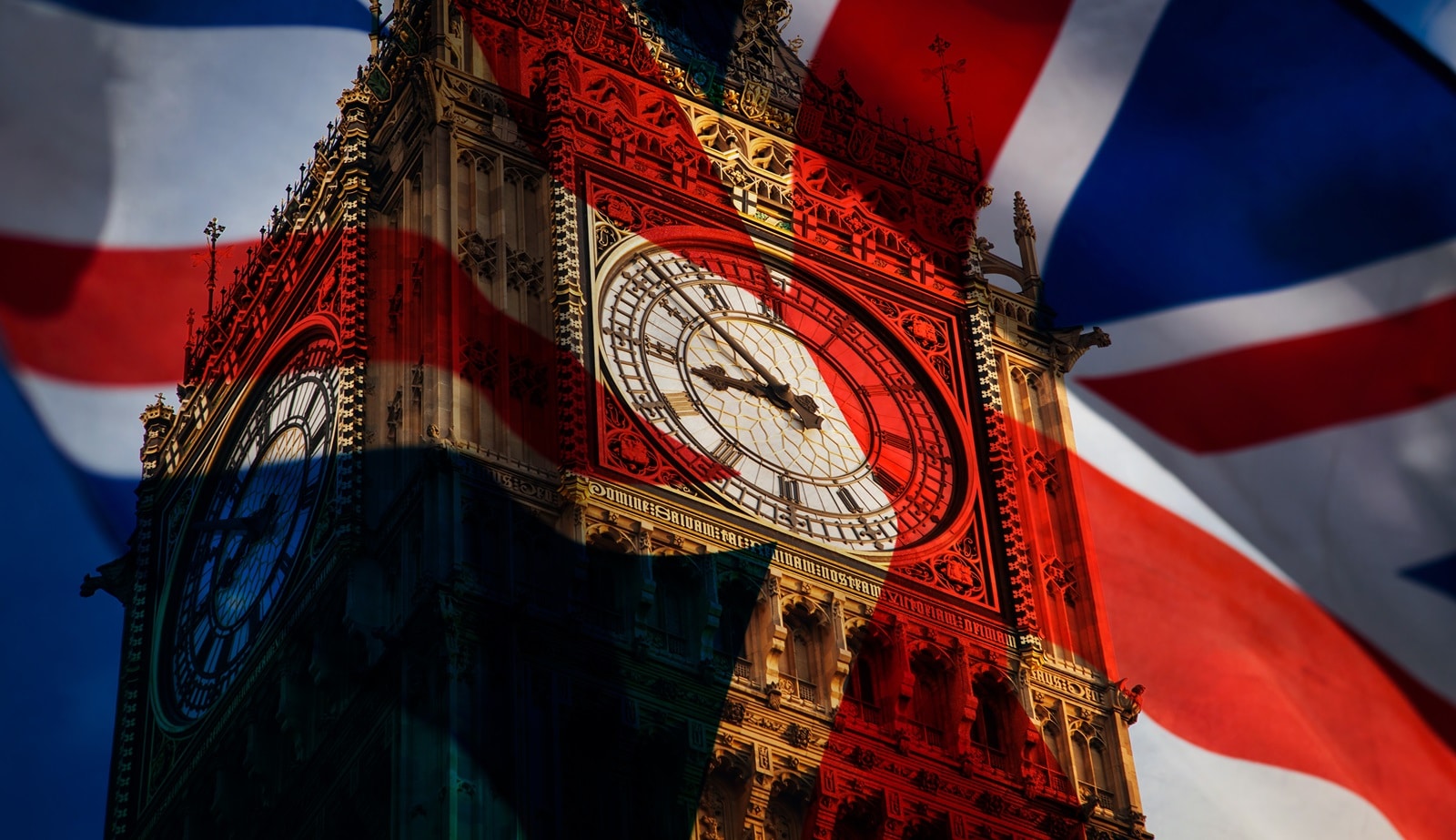
Waiting lists are enormous, the buildings are falling apart, recruitment is an ongoing issue, efficiency issues exist, staff morale is low, and the public perception of the service needs serious rehabilitation. It’ll be at the top of the new government inbox.
The post NHS Suffers from Long-Term Underfunding, Fiscal Studies Report Indicates first appeared on Swift Feed.
Featured Image Credit: Shutterstock / John Gomez.

